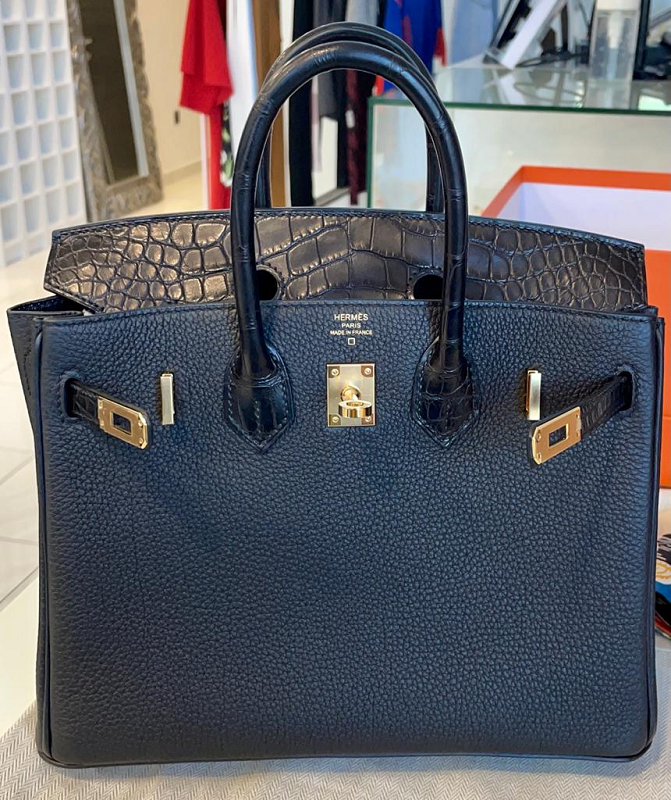
Hermes, the renowned luxury brand, is under scrutiny in a recent lawsuit alleging discriminatory practices in the sale of its highly coveted Birkin handbags. Filed in San Francisco, the lawsuit accuses Hermes of antitrust violations by restricting Birkin sales to customers with extensive purchase histories.
According to the lawsuit, Hermes imposes strict conditions on Birkin bag purchases, requiring customers to buy ancillary products like shoes, scarves, and jewelry before granting access to the iconic handbag. Sales associates, although not earning commissions on Birkin sales, are allegedly incentivized to push these additional purchases through a 3% commission scheme.
The lawsuit claims that access to Birkin bags is limited to select customers deemed worthy by Hermes, with private showings held exclusively for these individuals. This elitist approach, the plaintiffs argue, creates an unfair barrier to entry for average consumers.
Birkin handbags, known for their craftsmanship and exclusivity, command prices ranging from tens of thousands to hundreds of thousands of dollars. Despite their popularity among celebrities and affluent individuals, access to Birkin bags is tightly controlled by Hermes, with no online sales and limited availability even in their retail stores.
The plaintiffs, Tina Cavalleri and Mark Glinoga, seek class-action status on behalf of U.S. residents who have been subject to Hermes’ sales tactics over the past four years. They aim for monetary damages and legal intervention to halt what they perceive as discriminatory practices by Hermes.
Hermes, which operates numerous stores across the United States, including eight in California, has yet to respond publicly to the allegations.
The lawsuit sheds light on the challenges faced by consumers aspiring to own a Birkin bag and raises questions about the fairness of Hermes’ sales policies. As the legal battle unfolds, it underscores broader concerns about accessibility and equity within the luxury retail industry.






Be First to Comment